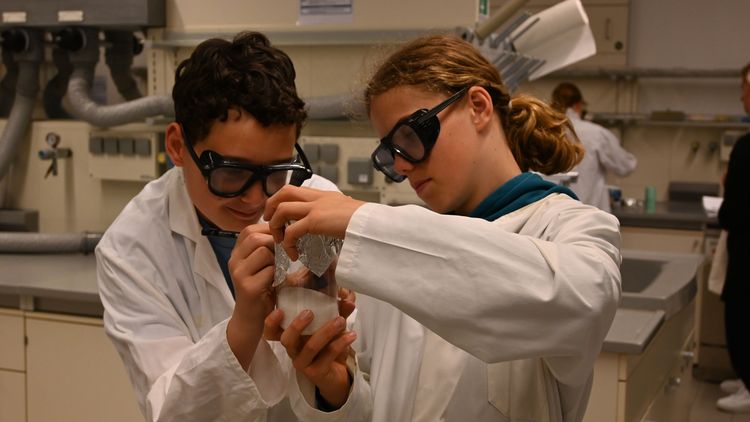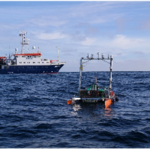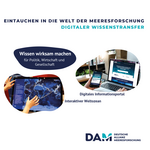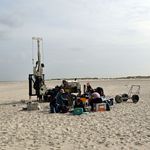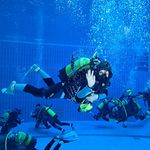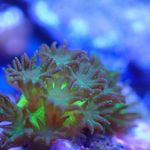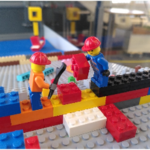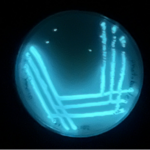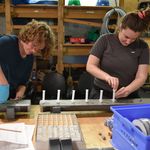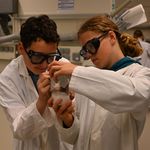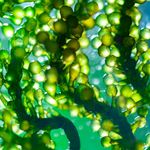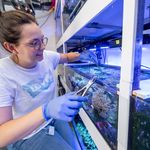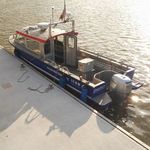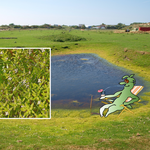In our aquariums at the ICBM site in Wilhelmshaven, we have succeeded for the first time in Germany in reproducing stony corals sexually. With this knowledge, ICBM researchers have now founded a start-up to breed corals, make the coral trade more sustainable and thus contribute to the protection of coral reefs. Unfortunately, we couldn't bring our aquariums with us, but there are exciting things to discover from our coral research. And if you complete in the marine research quiz, you even have the chance to win a godparenthood for one of our baby corals, give it a name and visit it in the aquariums at the ICBM-Wilhelmshaven.
ICBM building W15, seminar room 023
31.5. from 9am to 2:30pm & 1.06. from 10am to 3pm



![[Translate to English:]](/f/5/_processed_/3/2/csm_ICBM-Logo-transparent-_91fe1c6774.png)
